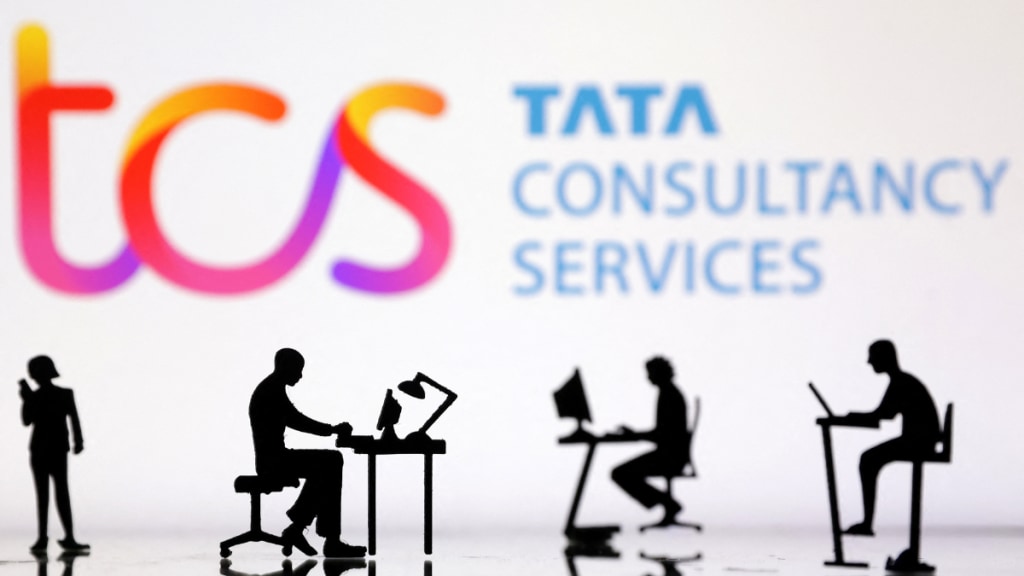In a rapidly evolving digital landscape, Tata Consultancy Services (TCS) is making significant strides in the field of Artificial Intelligence (AI), particularly in generative AI (genAI), as outlined by CEO and managing director K Krithivasan and chairman N Chandrasekaran in their recent communications to shareholders. Further, the company sees a relatively better economic outlook for the financial year 2025.
K Krithivasan, in his letter to shareholders, detailed how TCS is pioneering in the use of generative AI to enhance productivity and create unprecedented impacts across different sectors. The company has notably consolidated its AI and cloud teams into the AI.Cloud unit in FY24. This strategic move has led to the upskilling of 300,000 TCS employees in generative AI technologies during in the fiscal year gone by. TCS has also been incorporating AI features into its range of software products, including TCS Bancs for core-banking and various cybersecurity solutions, indicating a significant improvement in operational efficiency and security.
The application of AI and GenAI is especially notable in the financial sector, where insurance claims processing, lending, and disbursements have become much faster. Furthermore, these technologies enable financial clients, who are TCS’s largest customer base, to use data more effectively to personalise their products and services, thereby improving customer retention and acquisition.
Krithivasan also highlighted TCS’s efforts in other sectors. The company is actively involved in the energy transition, using AI to develop green hydrogen and biofuels and creating digital platforms to help clients reduce greenhouse gas emissions. In healthcare, AI is accelerating drug development and changing care delivery by enhancing productivity, enabling remote care, and reducing the critical shortage of skilled professionals. In manufacturing, AI technologies like machine learning, computer vision, and augmented reality are reducing costs and improving safety and effectiveness on production floors.
The global telecom industry’s shift to 5G and 6G technologies is another area where TCS is leading. These technologies offer high-speed, low-latency networks that are crucial for future business operations. TCS is developing 5G/6G communication stacks using open standards and has established advanced telecom and communications R&D labs in Bengaluru and Gurugram. The company is working on indigenous technologies in areas like 5G SA Core and Open Radio Access Networks (O-RAN) radios.
On the business environment, Krithivasan noted that customers continued to prioritise projects that are considered business-critical with faster return realisation. Transformation remains a key demand, but now clients expect it to be funded through savings from operations. The key engagement themes have been around cost optimisation and cloud transformation, with demand driven by vendor consolidation, cloud migration and transformation, and enhancements in customer and employee experiences.
Regarding the macroeconomic outlook, Chandrasekaran provided an optimistic view. He noted that the global environment is experiencing significant shifts, but the macro outlook is relatively better now, with improving growth, disinflation, and monetary easing in sight. However, geopolitical challenges continue to alter established supply chains, leading companies to rebalance their supply chains for resilience and efficiency. Chandrasekaran mentioned that new global supply chain ecosystems are being created, with India playing a crucial role in advanced manufacturing.


